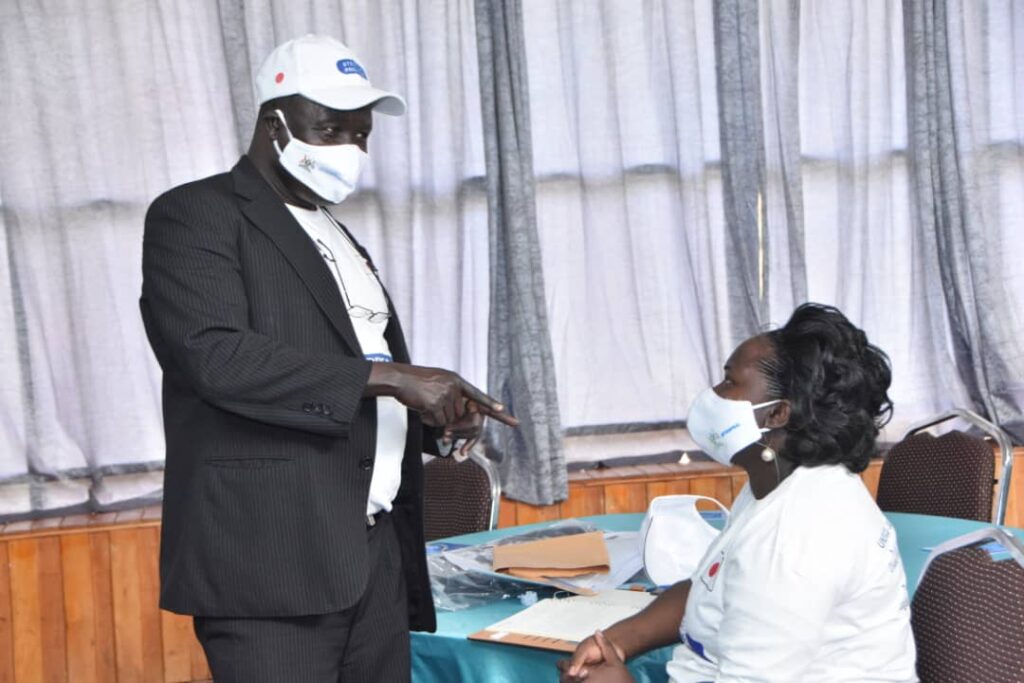Dr Lali Mundrugo calls on Ugandans to report disasters using Artificial Intelligence. The Uganda National Commission for UNESCO in partnership with the Japanese Government has concluded the national pieces of training in artificial intelligence for disaster risk reduction in Uganda.
The agency has held four regional pieces of training for district disaster management committees and the civil society in Mbarara, Mbale, Gulu and Kampala consecutively.
Angela Atukunda the Senior Information Scientist at Uganda National Commission for UNESCO says the training is part of the fulfilment of building the capacities of relevant national stakeholders on the use and application of technology in disaster response.
“Among several outcomes, this training is expected to enable the state and non-state institutions to use and apply artificial intelligence in disaster response.”
UNESCO is also running various activities including building institutional capacities in science and engineering and fostering international science collaboration for earth systems, biodiversity, and disaster risk reduction which are supplemented through specialized intergovernmental programmes.

According to Dr Lali Dominic Mundrugo the Assistant Secretary-General of the Uganda National Commission for UNESCO, the training intends to build the capacity of districts and other institutions including Non-governmental and Civil Society Organisations as a strategy for strengthening Disaster Prevention Approaches in the Country.
“This initiative envisions developing the next generation disaster management specialists through the use of Artificial Intelligence technology that is consistent with the current fourth industrial revolution.”
Dr Mundrugo also revealed that the high frequency of such hazardous events and the often-poor official response seems to have created a deficit of trust between citizens and national authorities. However, he called on Ugandans to report disasters using Artificial Intelligence at their exposure on gadgets like smartphones.
The participants have been fully introduced to a technology that is aimed at supporting the development and integration of science-evidenced measures of artificial intelligence (AI) innovation into strategies and action plans for disaster risk reduction in schools, communities and public sector institutions in the country.
Also, read;














































Discussion about this post